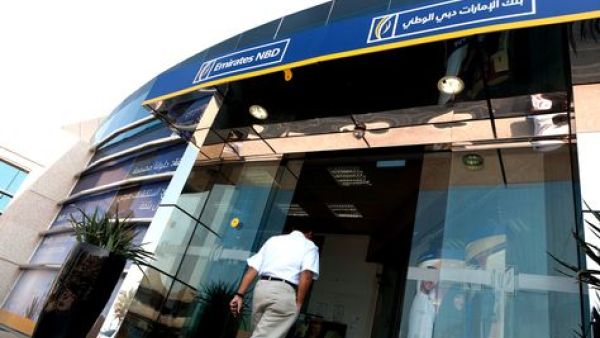A senior figure at one of the UAE’s largest Islamic banks has called for the government to create a new tax aimed at hitting property flippers in the pocket.
Faisal Aqil, deputy CEO of consumer wealth management at Emirates Islamic Bank, the country’s third-largest Sharia-compliant lender, yesterday said a new capital gains tax aimed at those who look to re-sell properties shortly after purchasing them “should be studied”.
“There will always be investors that like to flip and gain something. Here the government should involve themselves - there should be a sort of tax on this quick gain,” he said at a media roundtable held by the bank.
He added: “The government should step in and impose some kind of gains tax. If somebody wants to flip in month’s time and get out, I suggest we should tax him. You can quote me on that.”
Many developed countries have some kind of capital gains tax - which sees people pay the government part of the profit made from the sale of an asset that has increased in value. And Aqil said banks, developers and the government should all work together to minimise the practice of so-called flipping.
“We should not encourage flipping,” he said. “Because what will happen is that Emaar and other developers will launch lots of projects and later on we will find that demand and supply are not matching.” The Emirates Islamic Bank boss said that Sharia-compliant institutions must watch the sector carefully, given it had caused some problems during the last financial crisis.
“The mistake of Islamic banks in 2006 and 2007 was that they were very exposed to real estate,” he said, adding that banks should strictly limit how much of their lending is to the property sector. His own bank has turned down “good customers” to meet its target of having real estate lending be only 20 per cent of its business.
But Aqil doesn’t fear a repeat of the last crisis.
“Two things have happened - banks, after having burned their fingers, [are] more alert and learned their lessons, hopefully. Plus the consumers are more educated now.”







